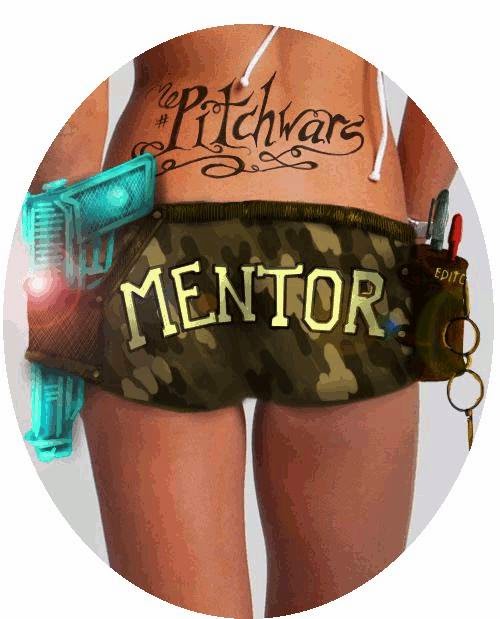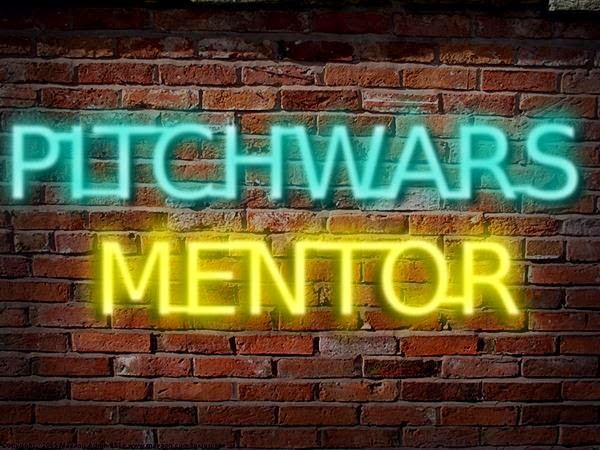A lot of writers starting out think "Hmmm I know I'll write a story," bang out some words and "Hey presto, done."
The truth is there's not many people that can write a kick-ass first draft that needs very little work, but for a complete novel that's even more unlikely. The phrase has been tossed around a bit about it taking a village to raise a child being the same as for writers. Well folks, they're not lying.
Writers use various review/revision techniques based on what works for them. Here's my process:
Alpha Reader: My muse, my cheerleader and "She-who-must-not-be-named" is also my Alpha reader. She reads my work as I write, badgers me for more chapters, helps pick up issues early on and offers ideas for plots and storylines.
My Alpha reader is one of my closest friends, who is also so painfully shy that I am never allowed to name her. She is a lover of books, a devourer of the written work, a bit of a grammar dork and a very interesting subject who has inspired two characters in two of the book's I'm currently working on. She has loved my work from the beginning - before I seriously thought I could be a published author for a career. In fact, she was the one who insisted I try to get Mishca published. Up until then I wrote to get the ideas out of my head.
Friends & Family Beta Readers:
How lucky am I that my sister is a high school English teacher?! My sister, my mum and another close friend also read my work after my first draft is done. For me this is a very light copy edit and some directional advice, but mainly cheer leading to encourage me.
Critique Groups:
I'm part of what could be considered an on-line critique group through a YA writers' community called Inkpop. It's great to get some feedback from some fellow writers. But they don't normally go through the full manuscript with you, just more a feel for the plot and some general feedback.
Serious Writers Beta Readers:
Man, how did I get so lucky again?! I ended up with three Beta Readers for Mishca who all brought something different to the table. I once read how important it is to have a Beta Editor who is a writer. How in the world do you manage that. Well I have two through Inkpop. Wendy, who has formal writing qualifications, helped me pick up on where I needed to expand and gave me great encouragement. Evie - who is self-taught, gave me a direct line into the mind of an American teen, which allowed me to make Mishca more universal. Katrina - who is formally qualified and a former academic in literature, helped me pull my manuscript apart and put it back together, in a much improved version.
Copy/sub Editor:
Often we just can't see our own mistakes. But if you want to send your manuscript to an agent or an editor and be taken seriously then you need your work to be the best it can be. I was lucky that Katrina doubled as my copy editor, but if you don't know someone who is professionally trained and has the time and dedication then there are lots of firms that copy edit novels.
I know that this may seem like a scary process to some, having your work go through so many sets of hands, but the fact is that it will go through lots of hands with agents and publishers as well.
So I hope that was helpful, but in case you are a devourer of blogs and want more, here are some other sites with some great info on the process:
http://www.karencollum.com.au/novel/beta-reader-bliss
http://accrispin.blogspot.com/2010/07/importance-of-self-editing.html
http://www.bubblecow.co.uk/2010/07/tips-for-editing-your-own-novel/
http://blog.patrickrothfuss.com/2010/05/fanmail-qa-beta-readers-2/
http://fictiongroupie.blogspot.com/2010/09/crit-groups-v-beta-readers-what-works.html
http://oldpeoplewritingforteens.wordpress.com/2009/08/17/the-ins-and-outs-of-beta-readers/
http://www.selfpublishingreview.com/blog/2010/04/29/thoughts-on-the-editing-process/
And one for Beta Readers themselves - http://pimpmynovel.blogspot.com/2010/06/alpha-beta-cappa-oh-hell-i-was-never-in.html
Subscribe to:
Post Comments (Atom)















No comments:
Post a Comment